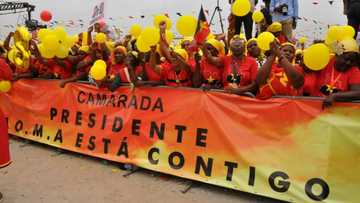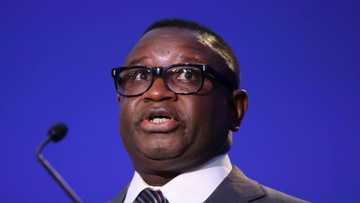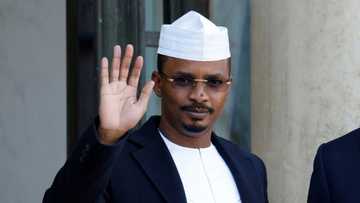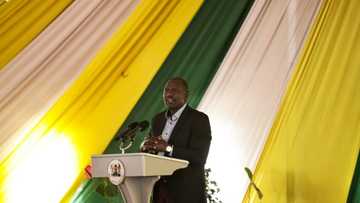Angola's ruling party faces tight poll test
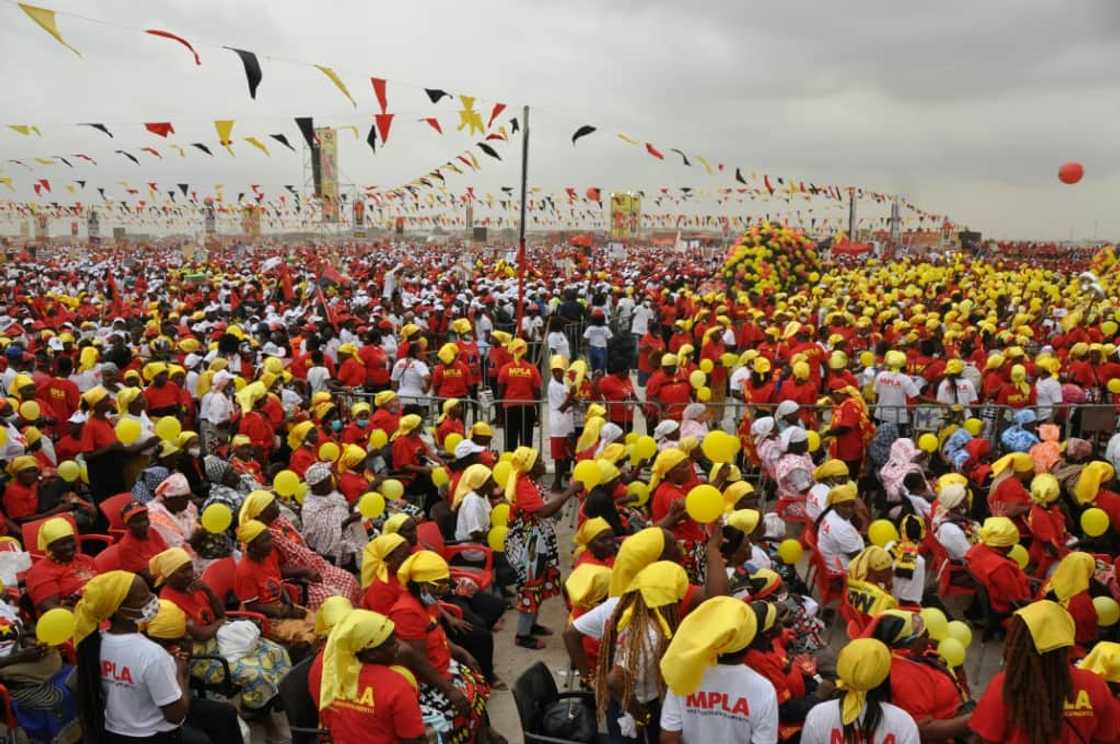
Source: AFP
New feature: Check out news exactly for YOU ➡️ find “Recommended for you” block and enjoy!
Millions of Angolans will vote on Wednesday in polls expected to be the most competitive since the country's first multiparty vote in 1992 but with electoral fraud a concern among voters.
A youthful and largely poor electorate will decide whether to continue with the liberation movement that has ruled since independence or embrace change with the opposition led by a charismatic coalition-builder.
Eight political parties are standing, but the real contest is between the ruling People's Movement for the Liberation of Angola (MPLA) and its long-standing rival and former rebel movement the National Union for the Total Independence of Angola (UNITA).
Stakes are high for MPLA now led by incumbent President Joao Lourenco, who was first elected in 2017 and is seeking a second term.
Many Angolans are weary of the party that has held power since the country won independence from colonial power Portugal in 1975.
Despite the oil wealth that benefited the former president, late Jose Eduardo dos Santos and his family, many of Angola's 33 million people live in poverty and seek change.
PAY ATTENTION: Follow Briefly News on Twitter and never miss the hottest topics! Find us at @brieflyza!
"There is a lot of expectation within society," said Claudio Silva, a political commentator in the capital Luanda. "People are very excited because there is a prospect for actual change."
For many, the face of change is UNITA leader Adalberto Costa Junior, nicknamed "ACJ", who has reinvigorated the opposition since taking the helm in 2019 promising a better future.
A talented orator, Costa Junior has captivated young urban voters with pledges to reform government and tackle poverty and corruption.
He broadened the party's base with an untraditional, collaborative approach, building a coalition with other opposition groups.
Young voters
Young people aged 10-24 make up 33 percent of population, according to UN data.
Their concerns differ from older voters, while voters born after Angola's civil war ended in 2002 do not feel an allegiance to the MPLA, said Augusto Santana, an electoral observation specialist.
"They are looking for better education, jobs and living conditions," Santana said. "They want to experience something different."
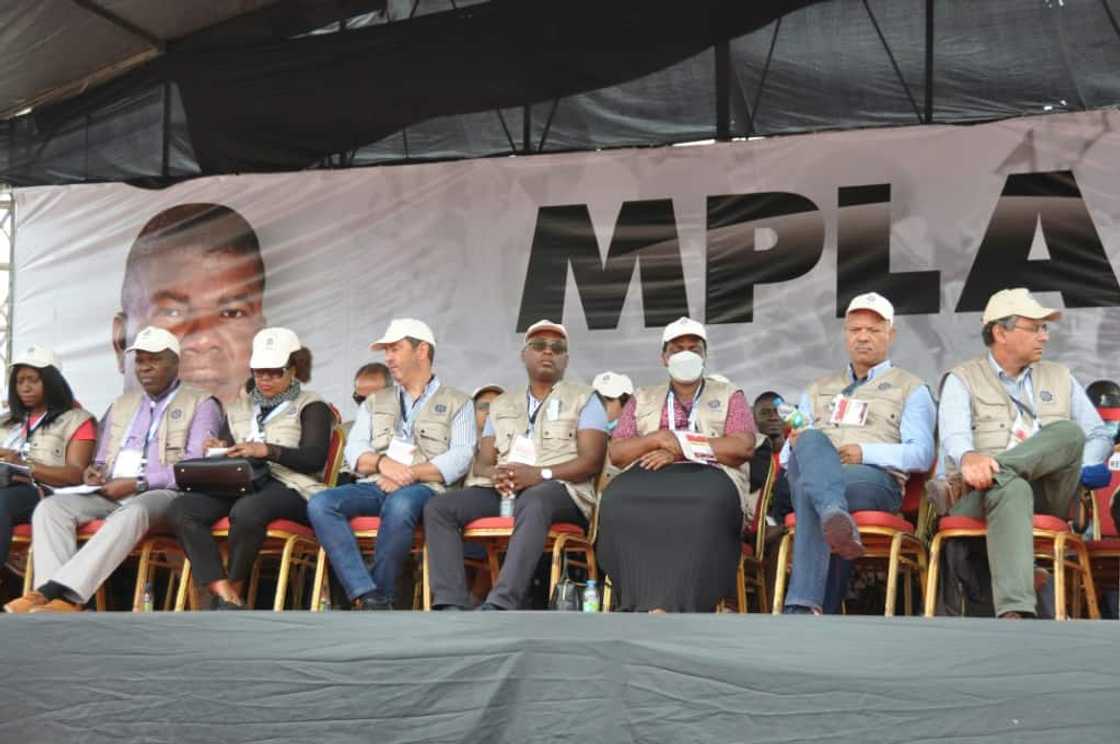
Source: AFP
The MPLA will likely capitalise on Sunday's repatriation of the body of dos Santos, the late longtime president who died in Spain last month, to trumpet its liberation credentials, said Marisa Lourenco, an independent political analyst.
Dos Santos, whose family have faced corruption allegations following his death, has a mixed legacy meaning his repatriation is unlikely to have a "major impact" on the outcome, Lourenco said.
"Many Angolans loved President dos Santos…. He made mistakes, yes, but what person doesn't?" MPLA activist Simao Hemenegildo dos Santos, not a relation, said as he attended a small campaign party with barbecue and beers near Luanda's waterfront.
Tight, but fair?
While the MPLA remains the favourite, analysts and opinion polls predict a tight race.
Yet the opposition and parts of the public are already questioning whether it will be fair.
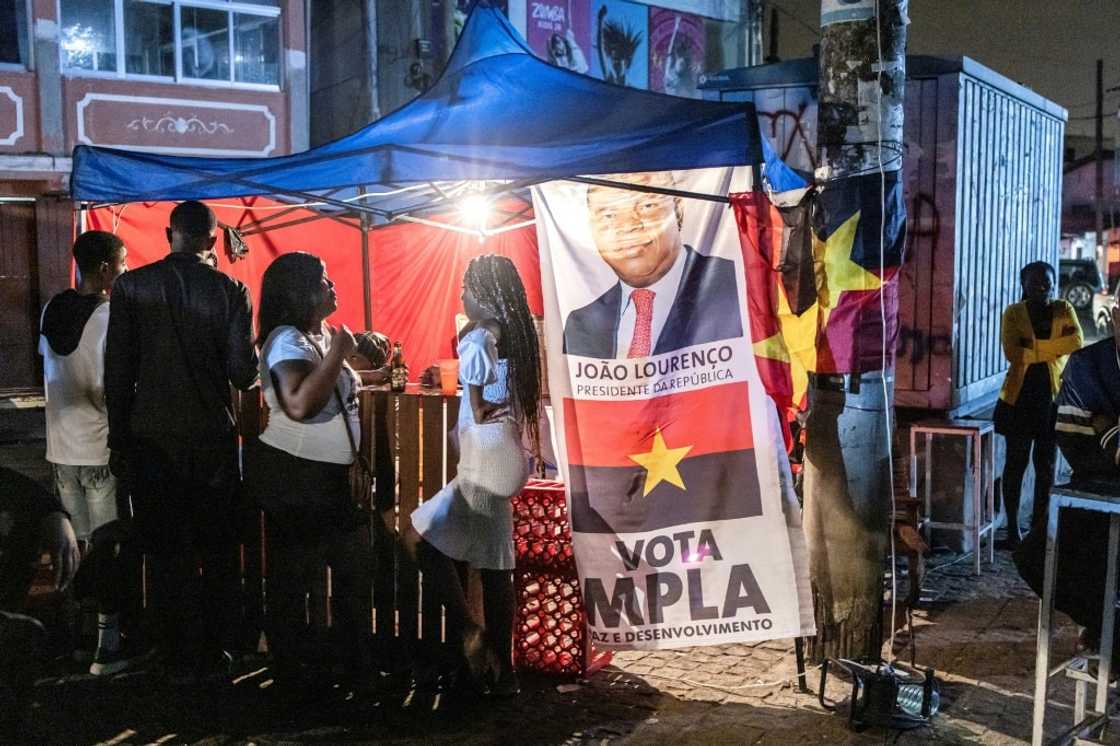
Source: AFP
Social media has been rife with claims of dead people registered to vote, Silva said.
On Thursday, Lourenco rebuffed opposition criticism of the electoral commission, which is mostly led by MPLA appointees.
"If they are saying that the electoral process and the National Electoral Commission are discredited, why do they want to participate?" Lourenco told supporters at a rally.
Foreign election observers have arrived in recent weeks.
'Revolution on their hands'
For many Angolans struggling to survive, the stakes are high.
In Viana a poor suburb southeast of Luanda, MPLA and UNITA flags vie for space on street lamp posts.
Activists in pickups adorned with campaign banners make a last dash to rally support through the dusty alleys lined with small cinderblock houses.
Most of those AFP spoke to here support the opposition.
"The MPLA has been in power for 40 years, the population sees nothing, yet our country is rich. It's a shame, we're abandoned," said Mateos Lima, a 51-year-old civil engineering technician.
On taking power Lourenco, inheriting an oil-dependent economy in recession, launched ambitious reforms to diversify revenue and privatise state-owned firms.
But many are yet to see the benefits, with almost half the population living on less than $2 a day.
"The MPLA have to do a lot better, they have to tackle poverty... create jobs... deliver better services -- if they don't they'll have a revolution on their hands," said Cristina Roque, an independent political analyst specialising in Angola.
Whoever wins, fixing social and economic woes will be a battle without quick fixes, analysts say.
"The next five years are going to be painful, regardless of who takes power," said Roque.
New feature: check out news exactly for YOU ➡️ find "Recommended for you" block and enjoy!
Source: AFP

